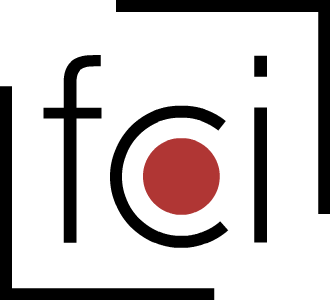film campus innsbruck 2018
10 - 16 September 2018
The sixth edition of film campus Innsbruck took place from 10 to 16 September 2018. Out of more than 80 applications, 21 young filmmakers from Italy, Germany, the Czech Republic, Slovenia, Croatia, Portugal, India, Switzerland and Austria were selected and invited to participate for one week. The campus meant a profound exploration of the medium of film for both the participants and the eight national and international speakers. Within a short time, contacts were established between the protagonists – networks emerged that will have their effect far beyond the INNSBRUCK film CAMPUS. The focus on content included not only camera, light and photography, but also the themes of sound, production and film as an art form.
experts
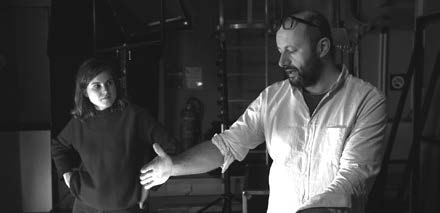
Jakob Ballinger’s relentless interest to tinker with lights, rigs and fixtures was fused with his fascination for film early in his childhood. Years later he enrolled at the National Film School in Vienna to deepen his knowledge of the craft. He has been working as a gaffer, in the field of his choice, ever since. Specializing in large scale feature films and commercials, his international career has taken him all over the world. The Light Bridge emerged as Jakob wanted to address and find answers for the needs and possibilities of new age lighting for digital cinematography. The companies first launch was in collaboration with DoP Christian Berger – they released the first stable version of the Cine Reflect Lighting System.
As an industry gaffer with experience on projects ranging from small productions to major film studio shoots, he understands the need for high-quality and economical lighting for various creative projects with differing budgets.
After seeking inspiration on a tour through the light labs of the Bartenbach GmbH, Jakob Ballinger will talk about lighting in the age of digital cinematography and show historical parallel developments between painting and lighting to put the challenges we are facing on set into a new perspective. The Masterclass will be a joint adventure of fi nding new ways and expressions in lighting – to help formulate an individual expression, find new tools to achieve unique, stunning images. And as the masterclass will prove – these new tools that we need to find – they do not need to be bought, because they are within us.
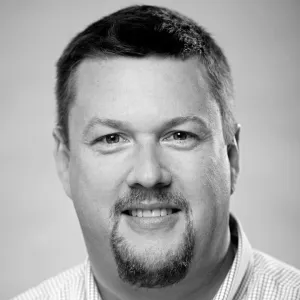
Martin Blankemeyer studied Directing (ESAV Toulouse: Ingénieur-Maître), Media Management (FH Wiesbaden: Diploma Media Economist) and Media Law (University of Mainz: LL.M.), completed further education courses like the Atelier Ludwigsburg-Paris and the EAVE Producers Workshop and worked among others. as production manager (“The Longing” – Golden Leopard in Locarno 2002), line producer (“The Policeman’s Wife” – Special Prize of the Jury in Venice 2013) and producer (“The Red Spot” – Bavarian Film Award for Best Newcomer 2008). Today, he works primarily as a trainer and consultant, as an expert for the film and media industry and as chairman of the Münchner Filmwerkstatt.
It has never been so easy to make the dream of your own (feature) film come true. In this workshop, participants will learn all about the calculation, financing and distribution of low-budget feature films in order to produce their own works in the absence of alternatives. The focus here is on savings potential in the calculation, meaning and nonsense of provision contracts in times of minimum wage, but also financing and (self-) marketing opportunities for short and long feature films.
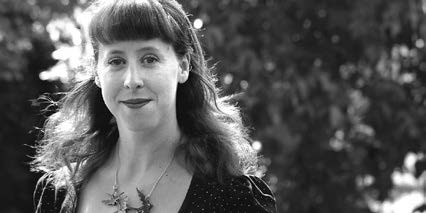
Nicola Daley had a nomadic childhood, living on four continents by the age of eight. Originally from Derbyshire, England, Nicola somehow ended up in Sydney, Australia and in 2003 Nicola was accepted into the prestigious Australian Film, TV and Radio School to study an MA in Cinematography, where she trained on film under Andrew Lesnie asc acs and Peter James asc acs. At film school Nicola worked on the 2006 Academy Award nominated drama short ‘The Saviour’.
Her fourth feature film, ‘Pin Cushion’ directed by Deborah Haywood has been a film festival hit and premiered at the 2017 Venice Film Festival. In 2014 Nicola was only the 8th woman in history to be accredited into the Australian Society of Cinematographers.
Nicola Daley, ACS, will lead a seminar exploring colour. How do we see colour? How do our cultural backgrounds influence the ways in which we see colour? How is colour used in film and cinematography to inhabit characters and convey stories? Nicola will also be joined by Peter Marsden, DIT with 13 years experience on such fi lms as MR. TURNER, PETERLOO and SOLO: A STAR WARS STORY. Nicola and Peter will demonstrate some live grading tools and investigate the power of LUTs in a digital world, what can go right and what to avoid?
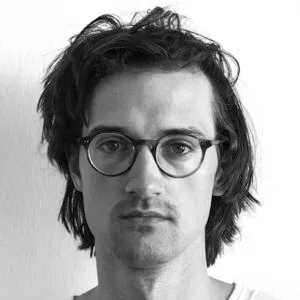
Philipp Fleischmann is an artist and filmmaker based in Vienna. He graduated from the Academy of Fine Arts Vienna and the Schools for Artistic Photography and Independent Film in Vienna. Since 2014, he has served as the artistic director of the School Friedl Kubelka for Independent Film. Fleischmann’s artistic practice can be situated in the fields of the fine arts and film. He is interested in the institutional logics and mechanisms into which he repeatedly intervenes as a protagonist. For his filmmaking he has developed a formal idiom that is completely bound to analogue film. His work has been shown at numerous international film festivals like the Berlinale or Toronto International Film Festival.
Why is it that one immediately thinks of a big team, special camera equipment and high budget needs when it comes to the medium of film? Aren’t these just industrial demands? What happens if these demands are simply ignored?
In this class we will discuss the cinema of independent artists that radically freed themselves from any given concept of filmmaking and developed their unique cinematic languages. This shall lead to the simple but essential question – how can one make films that are exactly according to one’s own ideas?
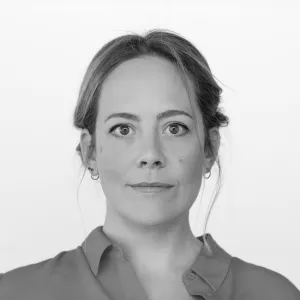
Katharina Mückstein is a Vienna-based screenwriter, director and producer. She studied philosophy and gender studies, followed by film directing and film production at the Filmakademie Wien, University of Music and Performing Arts. In 2010 she co-founded the production company La Banda Film. Her first fiction feature TALEA (2013) won the Best Director Award at Max Ophüls Preis Festival in Saarbruecken, her second fiction feature L’ANIMALE premiered at the 2018 Berlinale featured in both sections Panorama Special and Generationen. L’ANIMALE so far has won a Panorama Audience Award, the Award for Best Actors Ensemble at the Diagonale – Festival of Austrian Film, Best Film at the Seoul International Women’s Film Festival and the Prix Cima at Cinema Jove IFF in Valencia.
While we – as a younger generation– might look at senior directors‘ artistical rolemodels we have to understand that the rapid changes of technologies and media markets affect our chances to work as filmmakers in a way earlier generations have never experienced. Taking L’ANIMALE as an example for working with bigger budget for the first time, the masterclass also evolves around strategies for economical survival and the creation of content that is artistically precious and relevant to today’s society.
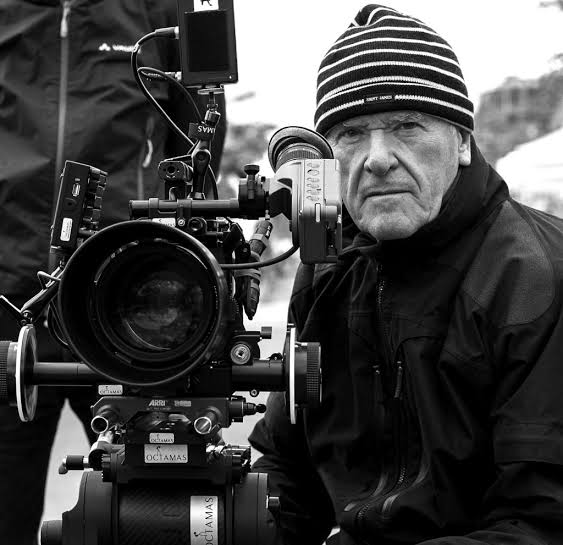
Piotr Jaxa is a Swiss-Polish cinematographer and photographer living in Switzerland. He graduated from the Polish National Film School in Lodz and has worked as Director of Photography on a range of fictional and documentary films worldwide (his work has been shown at festivals such as Cannes, Mannheim, Krakow, Los Angeles and Berlin). His film style draws from the period when he did numerous documentaries. For the last few years, he has been extensively exploring the creative possibilities of digital cinematography in independent European productions for the cinema. Today he is mainly shooting long feature films – ANIMALS (D: Greg Zglinski, which premiered at the Berlinale Forum 2017), CURRY WESTERN (D: Kamal Musale) and THE WITNESS (D: Mitko Panov) … to name just a few.
Following his photographic & cinematographic collaboration with Krzysztof Kieslowski on the set of the film trilogy BLUE, WHITE and RED, he prepared an exhibition entitled “Remembering Krzysztof”, which has been touring the world since 1994. He made four books, one of which he will bring to Innsbruck. He will present a selection of
his stills and the collection of portraits from his project
„Cinematographers“.
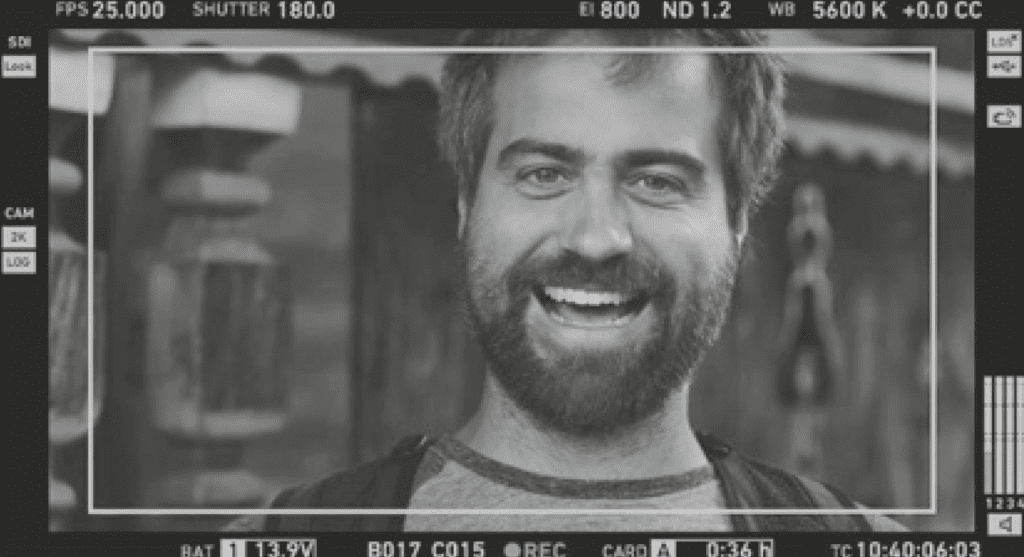
Recording engineer and sound designer Peter Rösner studied sound-engineering at the University of Music and performing Arts in Vienna. Since 2008 he has been a freelancer working on international feature and documentary productions, mainly for theatrical release. He holds numerous awards from the Audio Engineering Society (AES) in the categories „Score and Sound for Picture“ as well as „Classical Music Production“.
Sound design doesn’t start in the studio, it has to be kept in mind already on location. The path from hitting record to a Surround-Cinema-Mix for big high budget productions will be addressed as well as ways of aquiring good sound if you are filming alone. Peter learned modern microphone techniques for classical music production and will show how these translate seamlessly into the sonic world of film. We will look and try out modern location sound equipment, see how the footage is layered in a DAW and mixed to different industry standards.
talents
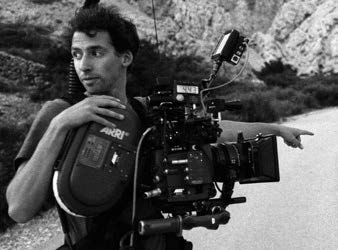
Valentin Lilgenau
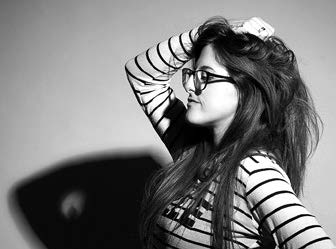
Tjaša Gnezda
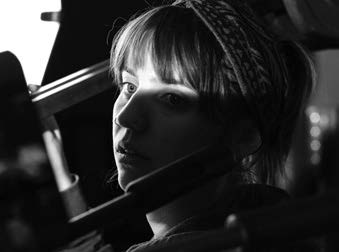
Tamara Diepold
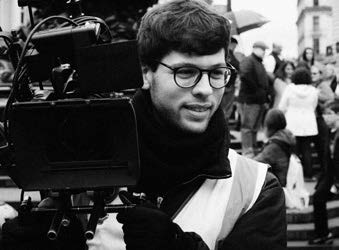
Simone Ceserato
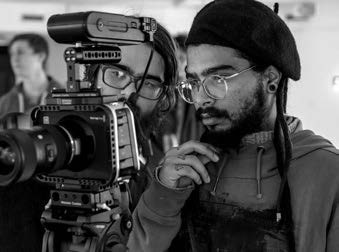
Rajat Sharma
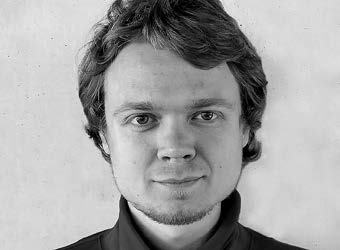
Pavel Ruzyak
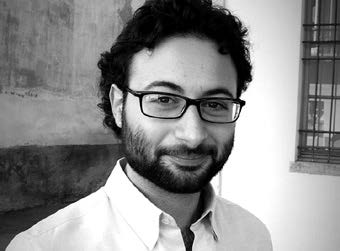
Omar El Araby
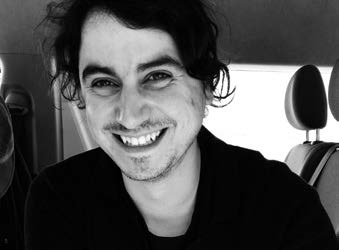
Nuno Escudeiro
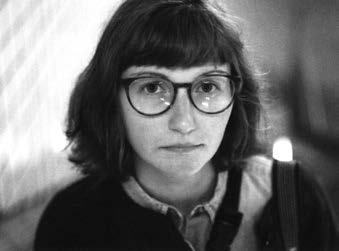
Nicole Pietruschka
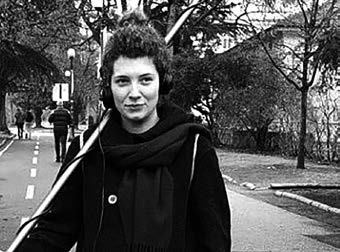
Maria Benedetta Boldrin
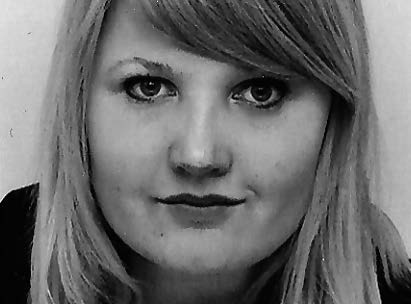
Livia Gruber
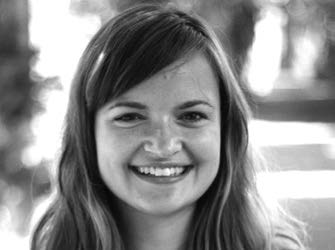
Linda Dedkova
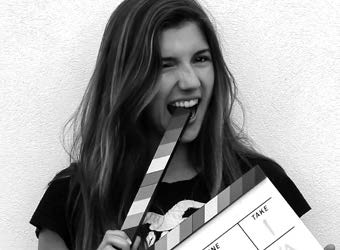
Lena Christina Vogler
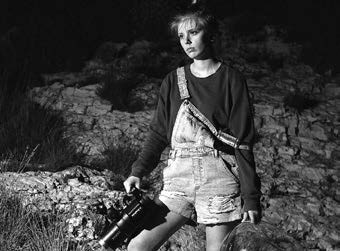
Lana Bregar
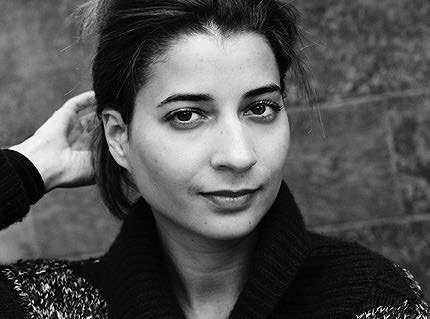
Laila Alina Reischer
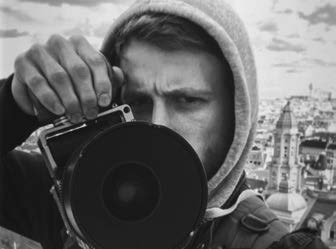
Karl Neubart
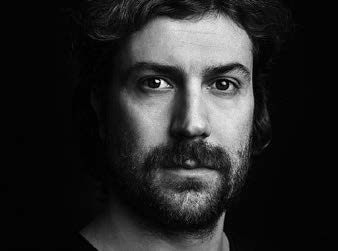
Giulio Tonincelli
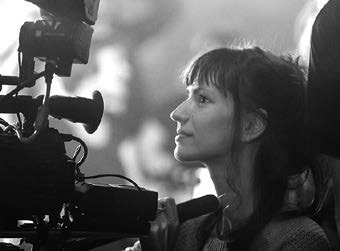
Dubravka Kurobasa
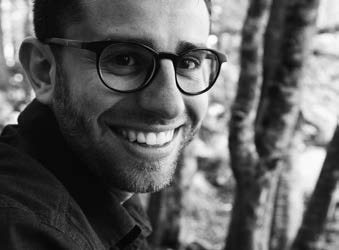
Cristiano Bacci
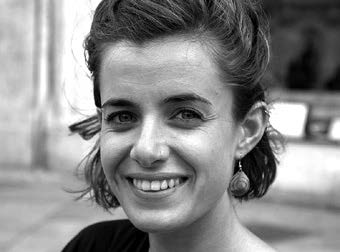
Christina Yurena Zerr
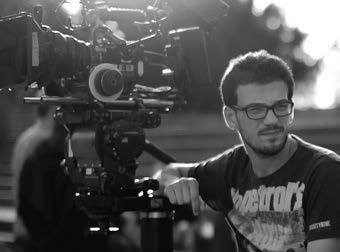
Antoan Pepelanov
films
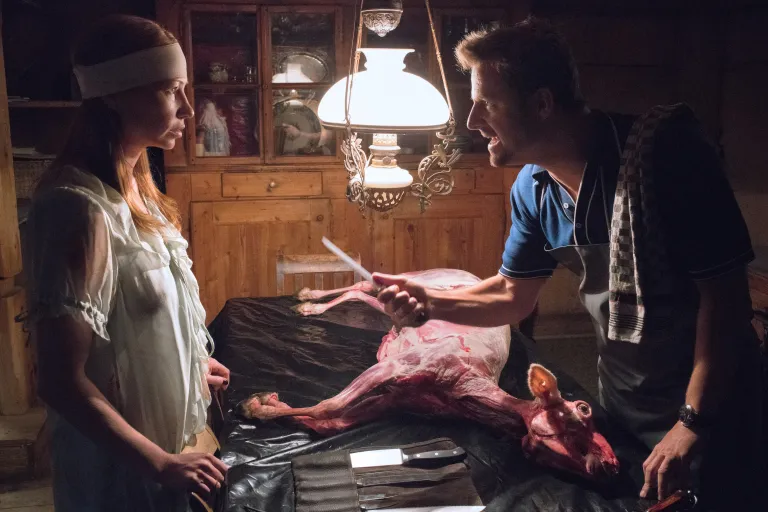
Greg Zglinski, Austria, Poland, Switzerland 2017. 95 min., German with English subtitles. Script: Jörg Kalt, Greg Zglinski, Starring: Birgit Minichmayr, Philipp Hochmair, Mona Petri, Mehdi Nebbou, Michael Ostrowski, DoP: Piotr Jaxa
A young woman called Andrea jumps to her death from the third floor of an apartment block in Vienna. A little earlier: the same apartment block is home to Nick, a chef, and Anna, who writes children‘s books. Anna thinks Nick has been having an affair with Andrea, but despite these suspicions she hopes that she and Nick can rejuvenate their relationship. They travel to Switzerland, where they hope to perform this “reset”. Mischa, an art student, is looking after their apartment in Vienna while they are away. Anna thinks Mischa looks like Andrea, and Anna also has a déjà vu experience in Lausanne. Soon the different levels begin to overlap and blur. Anna starts to wonder if she is going out of her mind. She senses that she has become trapped in a different reality. Is it all a result of the car accident she and Nick had when they arrived here? Is she just imagining everything? The talking cat – which was supposed to feature in her latest children‘s book?
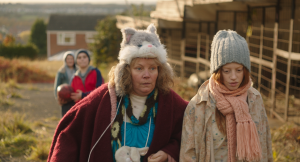
Deborah Haywood, United Kingdom 2017. 82 min., English. Screenplay: Deborah Haywood, Starring: Lily Newmark, Joanna Scanlan, Chanel Cresswell, Isy Suttie, Nadine Coyle, DoP: Nicola Daley
Super close Mother Lyn and daughter Iona are excited for their new life in a new town. Determined to make a success of things after a tricky start, Iona becomes ‘best friends’ with Keely, Stacey and Chelsea. Used to being Iona’s bestie herself, Lyn feels left out
. So Lyn also makes friends with Belinda, her neighbour. As much as Lyn and Iona pretend to each other that things are going great, things aren’t going great for either of them. Iona struggles with the girls, who act more like frenemies than friends, and Belinda won’t give Lyn her stepladders back. Both mother and daughter retreat into fantasy and lies.
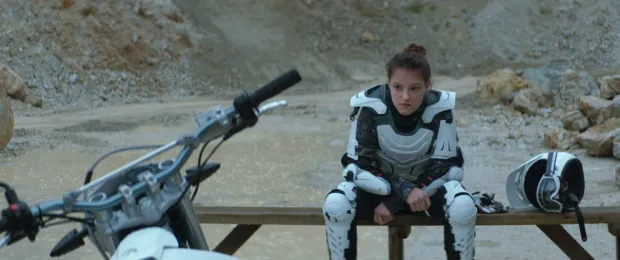
Katharina Mückstein, Austria 2017; 96 min., German with English subtitles. Script: Katharina Mückstein, Starring: Sophie Stockinger, Kathrin Resetarits, Dominik Warta, Julia Franz Richter, Jack Hofer, Stefan Pohl u. a., DoP: Michael Schindegger
It looks like everybody has found their place in life: Mati and her gang of boys feel like the heroes of their village riding around on their tuned motocross bikes. Mati’s parents – Gabriele, a veterinarian and Paul, a surveyor, are firmly established and only have to finalize the last work on the construction of their new house. But when Mati meets Carla, her world becomes unstable. The encounter with the independent girl shows Mati who she could really be: alive and open, and very different from her competitive, demonstratively cool friends. To complicate things further, Mati‘s best friend Sebastian falls in love with her and wants her to change from buddy to lover. Will Mati now lose her place in her male circle of friends? In the meantime, the world of her parents also threatens to break apart. Gabriele discovers Paul’s best-kept secret. Will the situation pass, or should she confront him directly? Paul, too, is increasingly under pressure to face his very own truth. In the end, all characters face the same decision: what counts for more, seeming or being?


